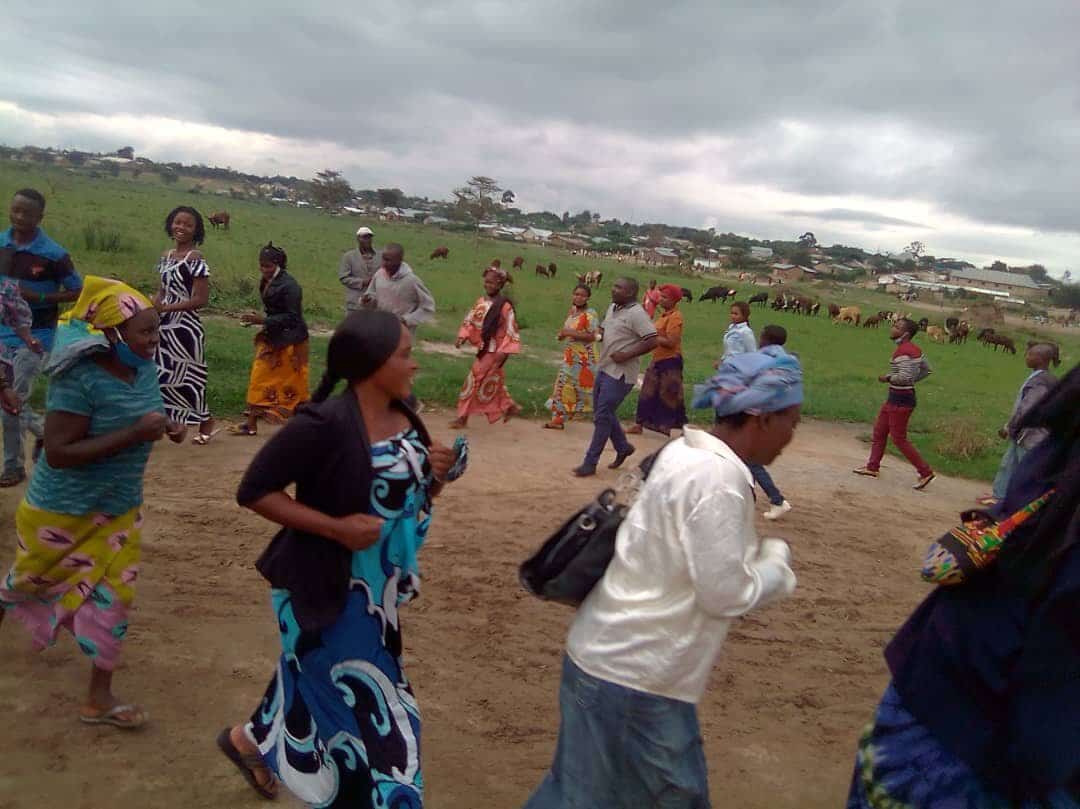
In less than a year and in the middle of a global health crisis, Paulinho Muzaliwa Josaphat and a small team of refugee permaculture educators have instigated phenomenal positive progress through permaculture in the oldest refugee settlement in Africa.
Nakivale Refugee Settlement was established in Uganda in 1958 and is now home to over 130,000 refugees from countries including the Democratic Republic of Congo, Burundi, Somalia and Eritrea.
Life as a refugee brings many challenges by its very nature; the loss of home and loved ones, having to learn new languages and cultural norms when relocating, losing employment and support systems and having to re-establish income opportunities while also dealing with a lack of food and water security and housing and educational provisions.
Paulinho, a Nakivale resident who could see the need and opportunity to create positive change within Nakivale, decided to establish the Unidos Social Centre; a social innovation lab that seeks to improve living conditions for refugees through educating and empowering women and at-risk youth.
In 2020 during a time of great upheaval and global distress, Paulinho attended a warm-data training lab run by the International Bateson Institute where he met Morag Gamble and heard of the permaculture training and projects that she was organising through the Ethos Foundation in Kenya and Uganda.
A partnership was then struck between Unidos, The Ethos Foundation, The Bateson Institute and The Rwamwanja Rural Foundation to implement permaculture training programs for residents of Nakivale.
Since partnering with the Ethos Foundation, Paulinho and a small team of permaculture educators who were trained by Morag have provided permaculture education to dozens of people in the first Nakivale permaculture course in November 2020 and a Permaculture teacher-training event in January 2021.
A second Permaculture course is now in progress for thirty-five people who were selected through an application process, as interest in the training has been growing and this time there were over seventy keen applicants.
The need and the desire for learning how to build robust food systems and connection within the community is great and not only are the recent graduates already well on their way to providing nutritious and sustainable yields for their families and community they are also starting to build their own income-generating enterprises based on their permaculture training.
The Nakivale Permaculture Project has commenced with training courses but there are plans to make systemic change and improve the security of the health and wellbeing of the communities who live there through:
- Permaculture education and teacher training,
- Home kitchen gardens program,
- Free tools and local seed kits for graduates,
- Permayouth hub and global connections,
- Co-creating an East Africa network for refugees.
There are also eager plans afoot for establishing a Permaculture cooperative loan fund to provide micro-funding for more residents to launch their own sustainable enterprises and this will cost around $2000 USD.
And finally an exciting plan to build a Permaculture community education centre and farm that will be an integral piece of infrastructure for future education and community building, which will need around $3900 USD for the first stage.
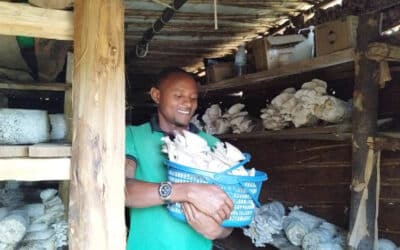
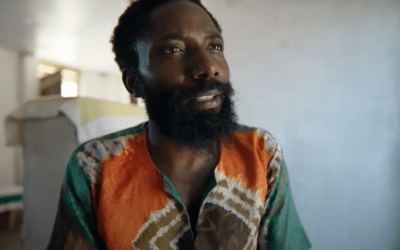
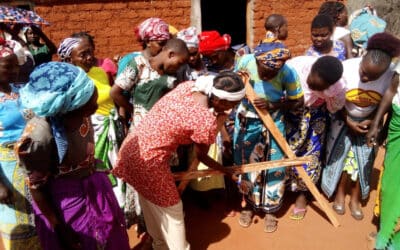
0 Comments